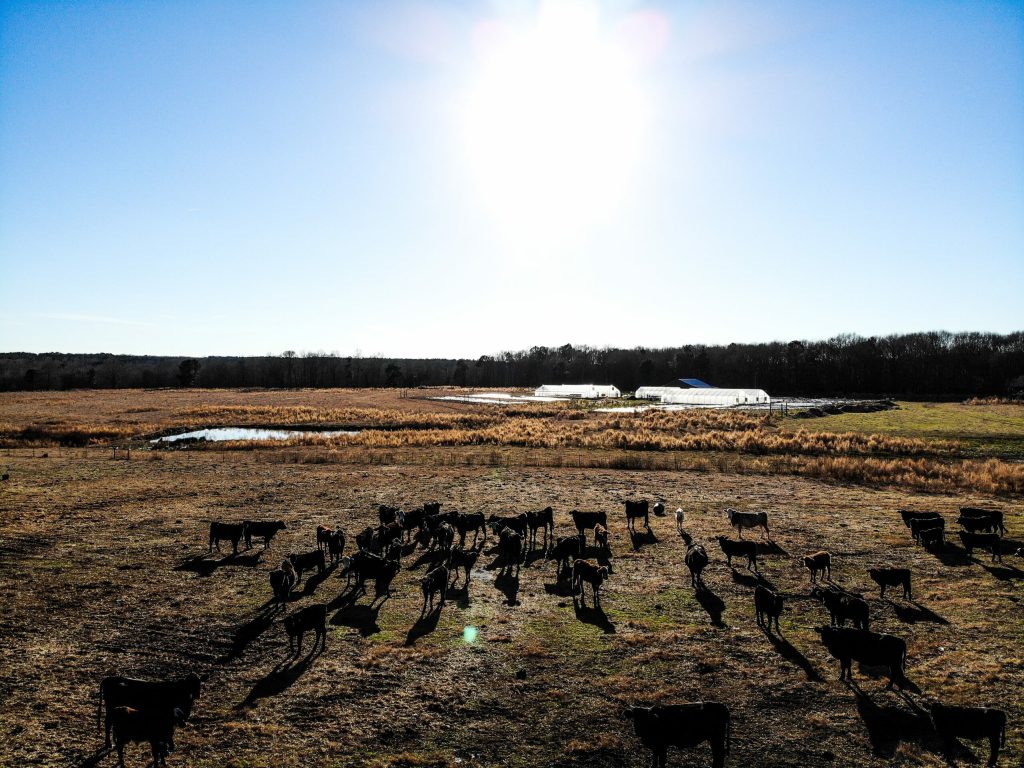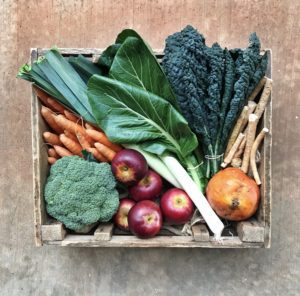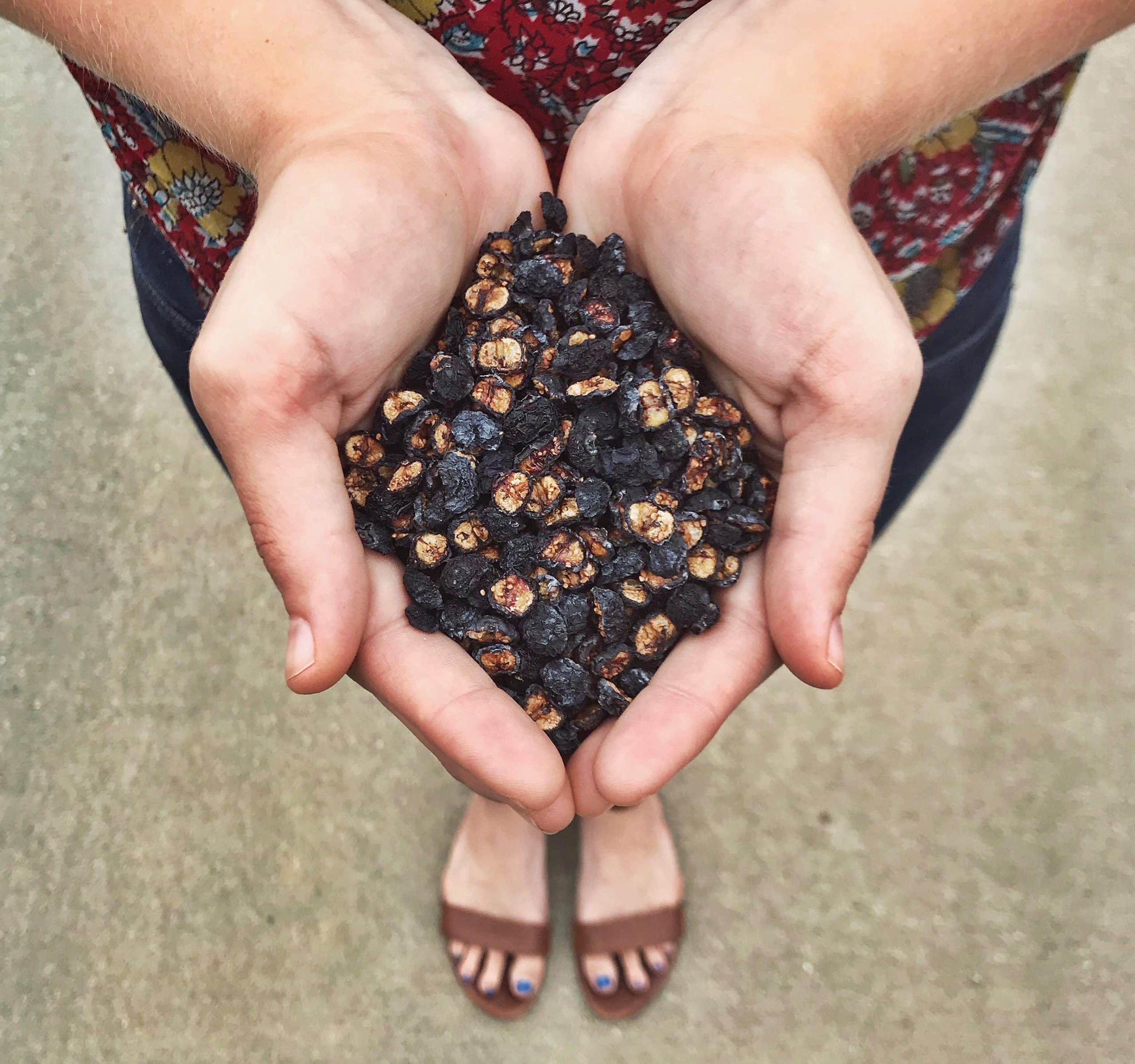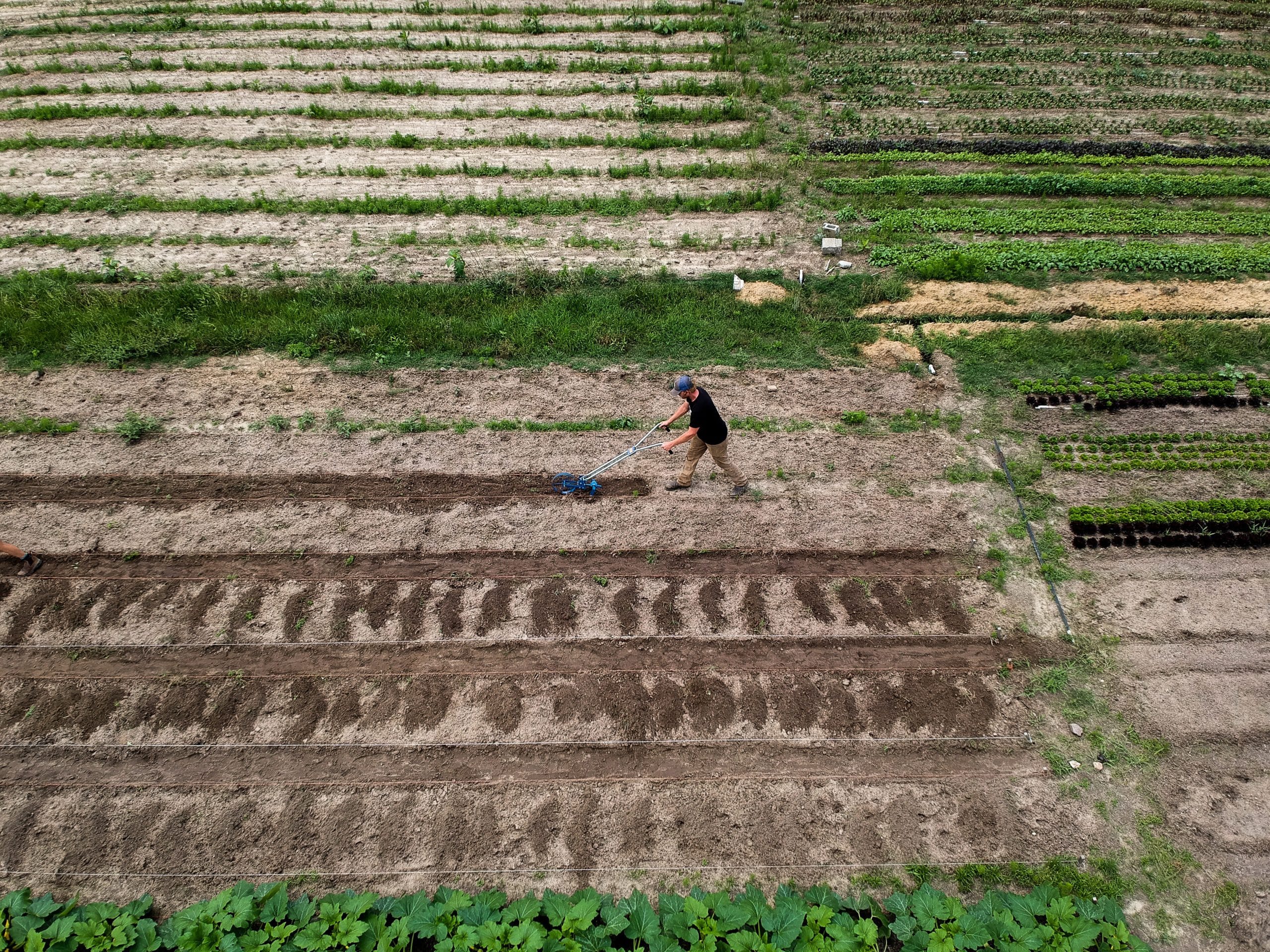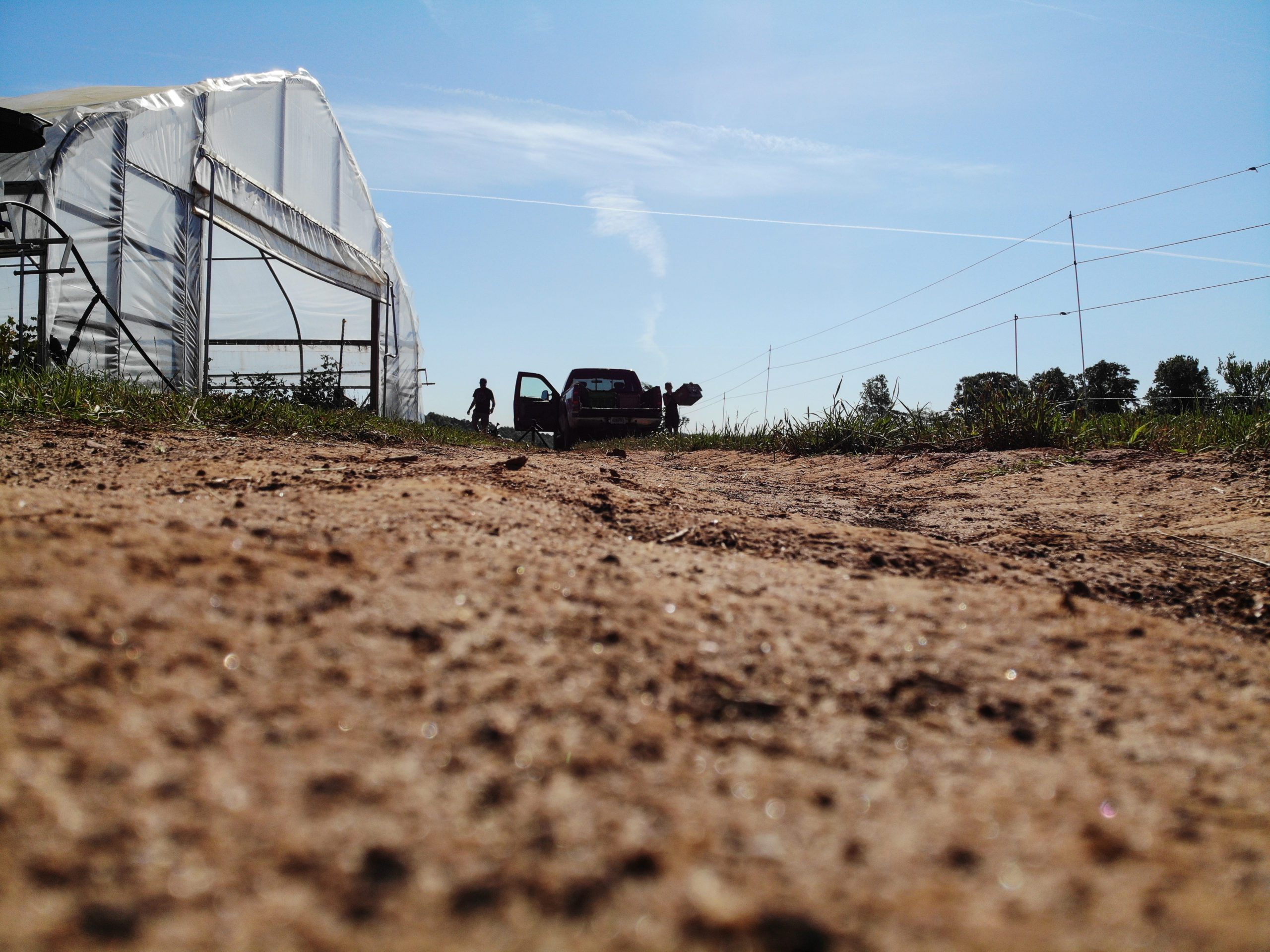“Community Supported Agriculture (CSA) consists of a community of individuals who pledge support to a farm operation so that the farmland becomes, either legally or spiritually, the community’s farm, with the growers and consumers providing mutual support and sharing the risks and benefits of food production.” – USDA
The 2019 National CSA Day is February 22nd. We’re often asked, “What is a CSA?” So, needless to say, it hasn’t exactly made its way to national holiday status yet. I believe, however, that CSAs have the potential to change the world. I know, my opinion is somewhat biased. But it hasn’t always been that way.
I was a child of the 90’s, with two working parents so I grew up on Chinese food, canned green beans and tuna salad. But 9 years ago, when my wife and I had our oldest son, we started questioning what we were feeding our family. At that time, we lived walking distance from the Athens Farmers Market, where we were first introduced to local agriculture. What started as a concern for how our food was grown (organically and less processed), led to convictions about where our food was grown.

Learning about food has been a process and neither our family nor Fresh Harvest is perfect at all. But as Michael Pollan put it, “The wonderful thing about food is you get three votes a day. Every one of them has the potential to change the world.”
Most of us don’t think about our food choices as potentially world-changing, and largely because we are so disconnected from the source. The mid 20th century brought the industrialization of agriculture and a rapid shift away from small scale sustainable farming. In 1900, for example, the average farmer fed only two people. Now, the average farmer feeds over 200 people. For most of us, this is the only food system we have ever known.
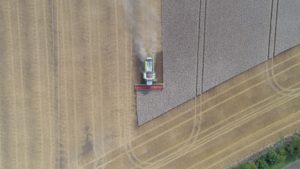
The contrast between industrial and sustainable agriculture is where we can see how our food choices really do change the world (for better or worse). Industrial agriculture is heavily mechanized, commoditized, and subsidized. Think one crop grown across hundreds of acres with the use of chemical pesticides and herbicides. This is why you can find corn and soy in literally everything! The hard part to accept is that this broken system is built on our desire for convenience and affordability. Put simply, farmers grow what consumers buy with their three votes a day.
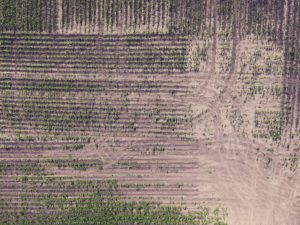
Industrial ag takes and takes, until eventually there are no nutrients left in the soil. This is an unsustainable practice. Sustainable farming, on the other hand, is built on growing healthy food and healthy soil for generations to come. It’s a long term vision, not a short term fix. In contrast to industrial ag’s destructive system, sustainable ag features an ecosystem of diverse and rotating crop varieties, land regeneration techniques, beneficial animal pasturing, and a reliance on natural pollinators. Everything plays a part in returning life to the soil, which yields nutrient-rich produce in season.
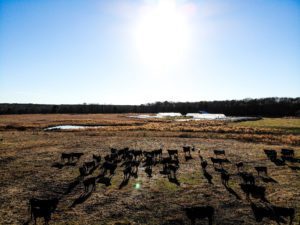
The power to change our food system, and the world, is in the hands of the consumer. When we choose to source our food in a way that is sustainable, local farmers are empowered to utilize more sustainable (and more expensive) growing practices. Fresh Harvest is a collection of these sustainable farms, a more diversified version of the traditional CSA — growers and consumers providing mutual support and sharing the risks and benefits of food production . Our CSA model helps mitigate many of those risks while increasing benefits to both consumers and growers. As consumer demand grows, our farmers are also able to expand at a healthy rate. The only limiting factor to our farmer’s growth is consumer demand, which is only increasing. In 2018, thanks to our community of Atlanta customers, we spent $1,120,547 on local food. Through the power of thoughtful consumers and a diversified food model, we can change our city, and even the world, using something as simple as Community Supported Agriculture.
